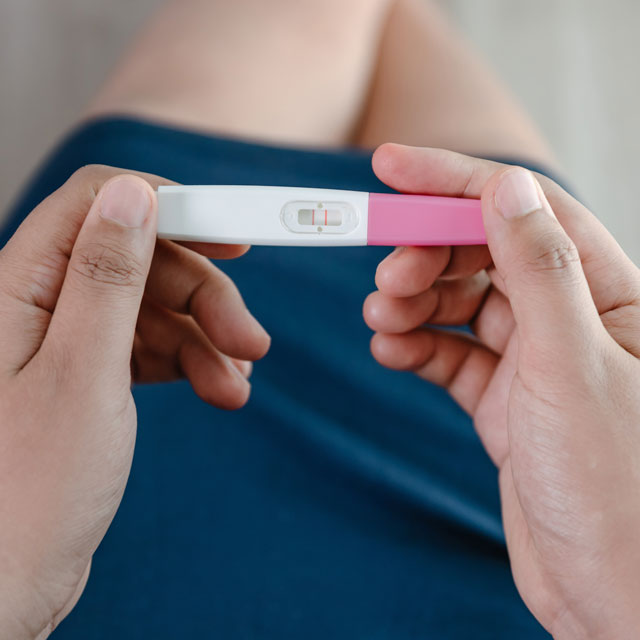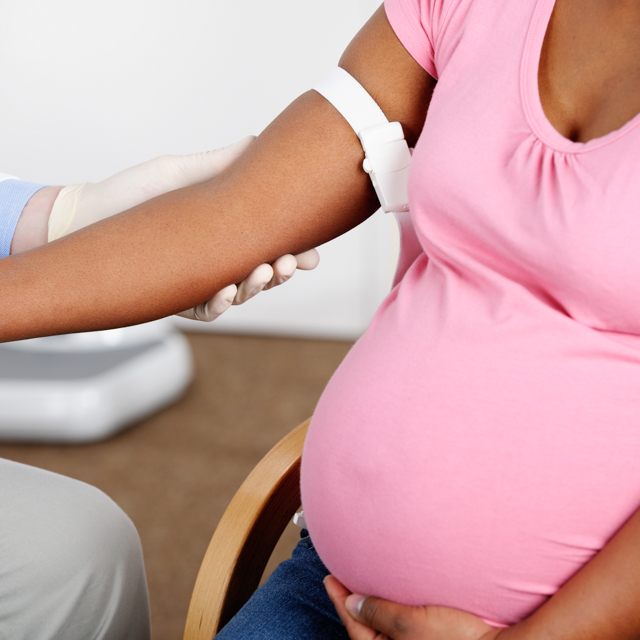Both physical and emotional aftercare are important.
Miscarriage is a pregnancy loss that occurs before 20 weeks. Nearly 1 in 4 pregnancies end in miscarriage, making the issue incredibly common. But no matter how prevalent, miscarriage can be confusing and difficult, especially because it is not often talked about openly. You may have questions about how to take care of yourself and plan for the future, especially if you’re trying to conceive again.
“Having one miscarriage is very common,” said Dr. Catherine Voorhees, an OB-GYN at the Vanderbilt Center for Women’s Health. “We expect the next pregnancy to be completely normal.” About half of miscarriages are caused by chromosomal abnormalities, Voorhees added. “You don’t necessarily need any testing unless you’ve had two consecutive miscarriages.”
Miscarriage management and aftercare
When a miscarriage occurs, the patient will need miscarriage management care with the help of their health care provider. Miscarriage management follows different paths, depending on various factors, Voorhees explained.
After a miscarriage, following up with your health care provider is important. The type of follow-up you need will depend on the type of miscarriage management. Some care paths might require a follow-up ultrasound and bloodwork about two weeks later, Voorhees said. A return visit in the following weeks is also possible.
“We want patients to decide whether or not they want to be pregnant again and how soon they want that to happen.”
Your health care provider also will likely ask you about your future family-planning needs. “We want patients to decide whether or not they want to be pregnant again and how soon they want that to happen,” Voorhees said. “A lot of times we have a discussion about contraception and whether that is needed in the short or long term.”
What to expect physically
Your menstrual cycle may take a few months to return to what’s normal for you after recovering from a miscarriage. “Usually, women can expect to have bleeding, anywhere from four to six weeks after a miscarriage with any type of treatment,” Voorhees said. “We would expect their period to happen within about two weeks after that bleeding stops.”
Intercourse and trying to conceive after miscarriage
“We recommend that women refrain from intercourse for at least one to two weeks after passage of tissue or after a procedure, mainly to prevent infection,” Voorhees said.
After that, she added, people do not need to wait. Timing does not affect the chances of having another miscarriage, so decisions around intercourse and trying to conceive are up to the individual and how they are feeling physically and emotionally.
Mental health after miscarriage
Miscarriage can bring up a host of emotions. “I just try and remind women that everyone feels differently,” Voorhees said. “Some people feel relief, some people feel grief, and some people feel a mixture of those things. There’s no right or wrong way to feel.”
“I just try and remind women that everyone feels differently. There’s no right or wrong way to feel.”
Seek support from loved ones. “If you’re not comfortable telling family or friends, then come back to your doctor so they can be there for you and help,” Voorhees said.
Finally, Voorhees said she wants women to know that a miscarriage is not their fault. “There’s nothing that a woman could have done to cause a miscarriage, including emotional or physical stress,” she said.

Care for all stages of life
Vanderbilt Women’s Health provides the best in women’s health care at locations across Middle Tennessee.




